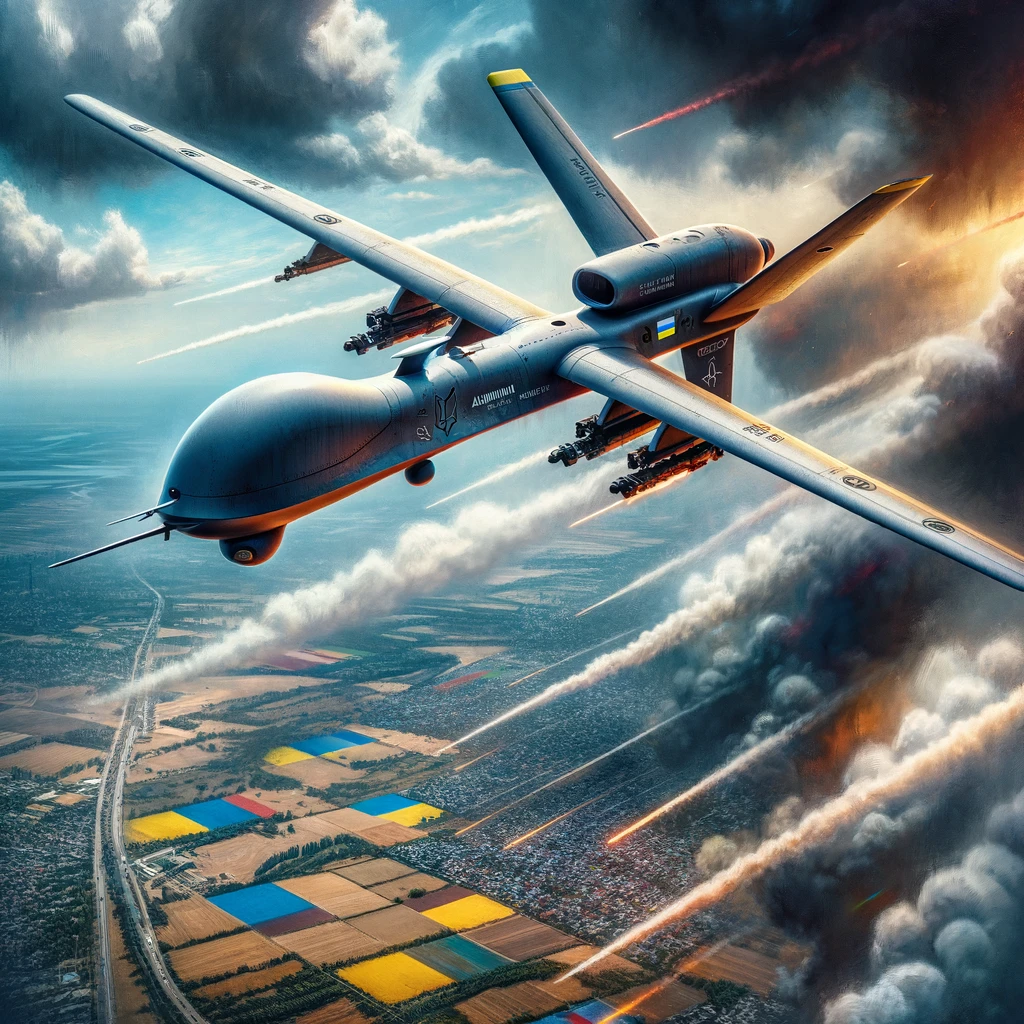Shoigu Announces Mass Drone Manufacturing Across All Categories
Others are reading now
In a significant development for Russia’s military capabilities, Defense Minister Sergei Shoigu has announced that the nation is gearing up to enter mass production of drones, spanning a wide range from ultra-small to heavy attack models, reports Ria Novosti.
This move indicates a substantial expansion in Russia’s use of unmanned aerial vehicles (UAVs) in various military contexts.
The announcement, reported by RIA Novosti and citing Shoigu’s statements during a conference call with the leadership of the Russian Armed Forces, points towards a strategic shift in Russia’s approach to aerial warfare and reconnaissance. Shoigu stated, “We will increase the supply of the most popular models [of UAVs].
In particular, to form a serial line of unmanned aerial vehicles – from ultra-small to heavy attack aircraft.”
Also read
This development follows a series of initiatives and reports over the past year that have highlighted Russia’s growing focus on drone technology. In April 2023, Russian media outlets disclosed plans to initiate mass production of the Okhotnik heavy strike and reconnaissance UAVs, with the production slated to begin in two years in Novosibirsk.
Moreover, in July 2023, Roboavia, a Russian company, announced the construction of a second UAV production plant in the Rostov region. This followed the opening of their first plant, reportedly operating in occupied Crimea, specifically in Simferopol.
Adding to these advancements, in August 2023, Russian President Vladimir Putin directed state corporation Rostec to increase the production of Cube and Lancet drones. This directive aligned with Russia’s evident push to bolster its unmanned combat and surveillance capabilities.
Further international attention was drawn to Russia’s drone program in November when Reuters, citing the Institute for Science and International Security, reported satellite imagery showing progress in the construction of a facility in Russia. This plant is believed to be dedicated to the mass production of Iranian kamikaze drones, potentially intended for use against Ukrainian energy facilities.
The acceleration in drone production marks a pivotal moment in Russia’s military strategy, reflecting a shift towards more technologically advanced and potentially autonomous warfare systems. This move, likely to have significant implications for regional security dynamics, underscores the rapidly evolving nature of modern military technology and the growing importance of unmanned systems in contemporary conflict scenarios.


